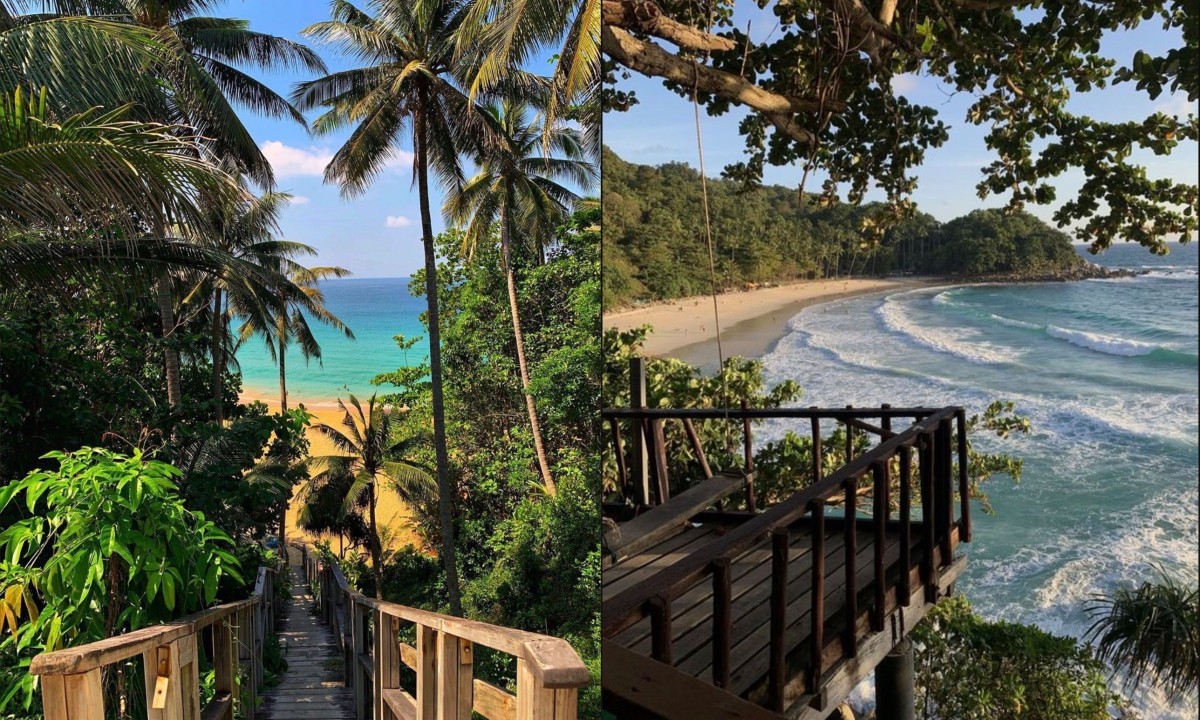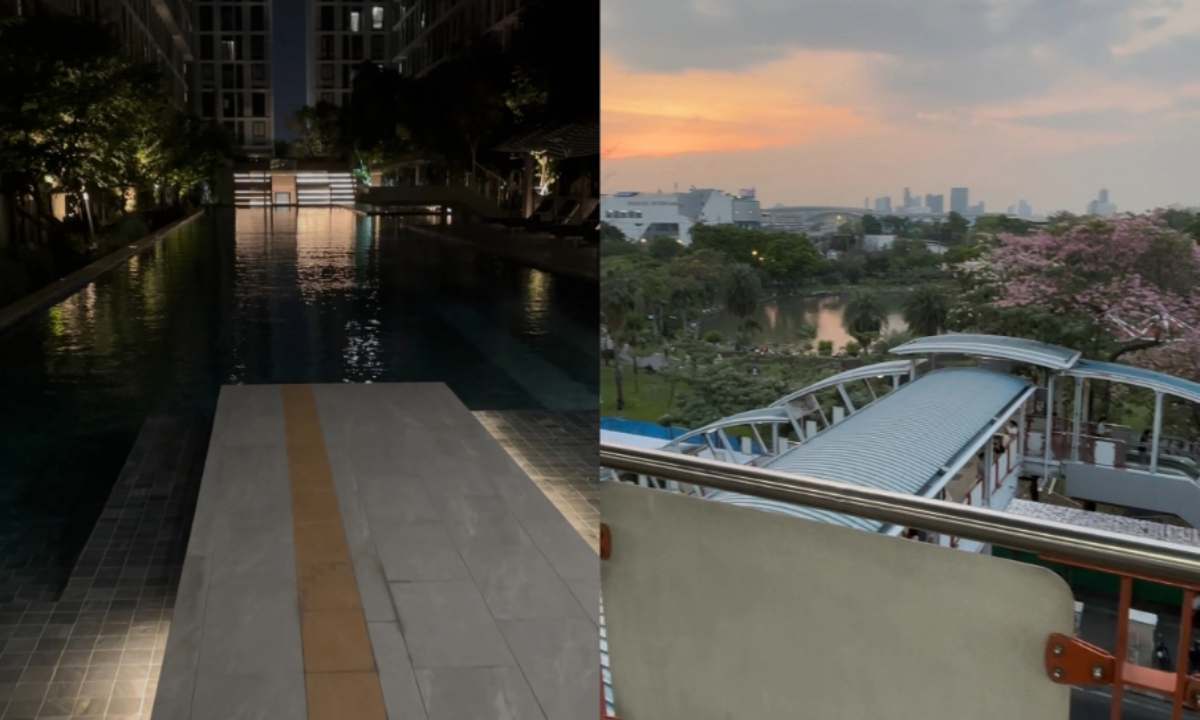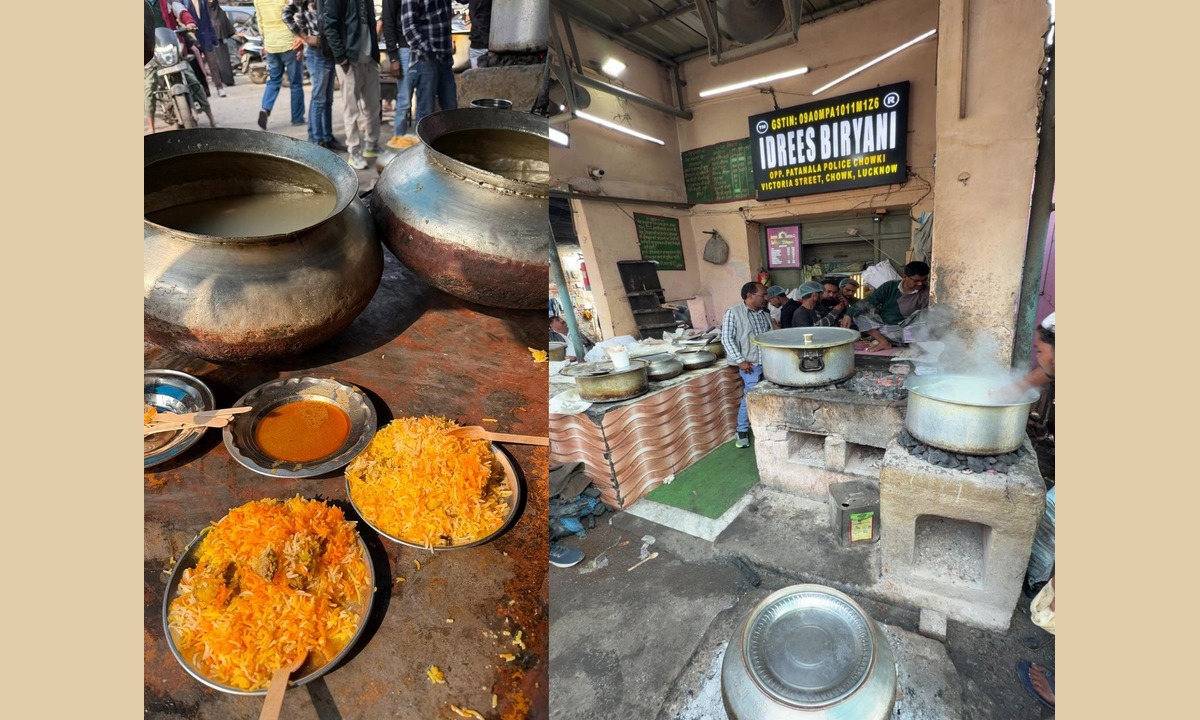
Agrigento, a picturesque Sicilian town perched on a hill, is a paradise for history enthusiasts. Known for its famous Valley of the Temples, a UNESCO World Heritage Site, Agrigento boasts some of the best-preserved ancient Greek temples outside of Greece. These temples, dating back to the 5th century BC, include the Temple of Concordia, renowned for its architectural beauty and historical significance. Additionally, the ancient aqueducts in the area, resembling underground mazes, still function today, channeling water as they did centuries ago. However, this charming town faces a harsh reality: both its historical marvels and modern water systems are suffering from critically low water levels.
Hotels and Guesthouses Struggle
Small hotels and guesthouses in Agrigento and nearby coastal areas are being forced to turn away tourists due to the inability to guarantee essential amenities like working toilets and showers. This issue is particularly critical after a hot summer day. CNN reports that the main culprit behind this water crisis is a relentless drought. In February, Sicily declared a state of emergency and imposed water restrictions to cope with the situation. The region's leaky and outdated infrastructure exacerbates the crisis, significantly impacting tourism and agriculture, which are the lifeblood of Sicily's economy.
Water Rationing Across Communities
Over a million people across 93 communities now face water rationing, with some areas mandated to cut consumption by up to 45%. Scheduled water access and overnight shutdowns have become the new normal, making water management a daily challenge. Tourists on platforms like TripAdvisor express concerns about visiting drought-stricken parts of Sicily. Hotels are upfront with guests about potential water shortages and even offer alternative locations with less severe restrictions.
Struggles of Local Businesses
Le Cinque Novelle, a bed and breakfast in central Agrigento, is one such example. Faced with strict limitations, the owners have installed water-saving filters in showers and sinks. However, these efforts have not stopped guests from voicing their frustration. "Rightly, people ask us for reassurances before coming, but we don't know what to say," Giovanni Lopez, who owns the B&B, told CNN. "The situation is quickly impacting the entire tourist accommodation sector, which risks serious economic consequences, given that tourism is a sector almost everyone in this part of Sicily relies on."
Government Pleas and Possible Solutions
Sicily's government is pleading with Rome for financial aid to import water from the mainland, but a concrete solution remains elusive. The national tourism minister's office hasn't provided a response, though in April, they suggested Sicily diversify its tourist season to lessen the burden on summer months when water shortages worsen.
Climate Change and Its Impact
Human-induced climate change is intensifying the heat in Europe, with Sicily at the epicenter of this transformation. The island holds the dubious record for Europe's highest recorded temperature, set in August 2023 when Syracuse sizzled at a scorching 48.8 degrees Celsius (119.8 degrees Fahrenheit). While other Italian regions grapple with drought conditions, Sicily stands alone with the most severe classification: "extreme," according to the Italian National Institute for Environmental Protection and Research (ISPRA).
Long-Term Consequences
ISPRA reports that winter rains fell short by more than 75%, leaving roughly 20% of Sicily's underground aquifers in a state of "water scarcity." In response, the regional government declared a state of emergency for irrigation and drinking water in Agrigento and four other provinces, expected to last through the end of the year. Nicola Farruggio, president of Sicily's Hotel Federation, told CNN that hotels are obliged to have a certain amount of water reserves relative to their capacity. Now, hotels will have to buy water from the mainland, further straining their resources.
Impact on Agriculture
The situation is equally dire for farmers. At an organic farm near Caltanissetta in Central Sicily, goats are drinking muddy sludge that used to be a pond. The lack of water is leaving farmers with a devastating choice: cull their herds or let them die of starvation or dehydration.
The water crisis in Sicily is a clear indication of the severe impact of climate change on the region. With no immediate solution in sight, both tourists and locals are left to navigate a challenging and uncertain future.
Popular Categories
Read More Articles
Travel and Tourism
Travel to Thailand gets costlier: International passenger service fee to jump 53% from June by Awadh 360° Desk February 22, 2026Travel and Tourism
Thailand Extends Visa-Free Stay for Indians to 60 Days, Allows 30-Day Extension by Awadh 360° Desk February 19, 2026Travel and Tourism
Lucknow or Zaike: A City Remembered Through Taste by Mohammed Syed Zaid February 11, 2026Business
What's Up With WhatsApp? by Prateek Shukla February 9, 2026



